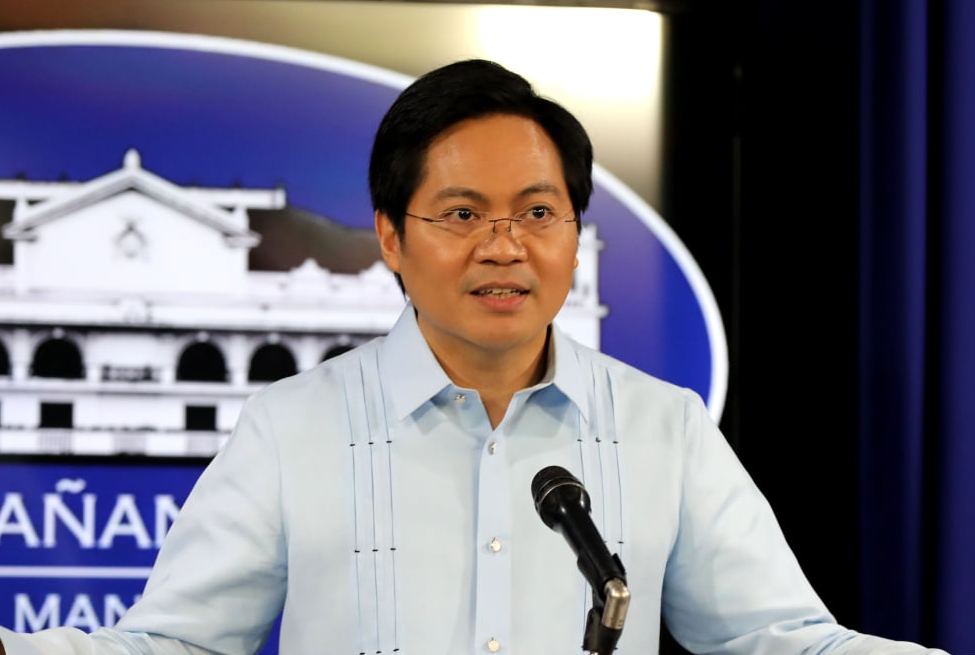Headline
Request for proof validates ICC as ‘court of last resort’: Palace

MANILA – The request of the International Criminal Court (ICC) for proof from the Duterte administration regarding its probe into deaths linked to the Philippine government’s drug war “validates” ICC mandate as a “court of last resort”, Malacañang said Wednesday.
This, after ICC Prosecutor Karim Khan said his office will ask the Philippine government to provide “substantiating information” on proceedings it cited when the latter sought deferral of the investigation into alleged crimes against humanity related to the administration’s anti-illegal drugs campaign.
Cabinet Secretary and Acting Presidential Spokesperson Karlo Nograles said the Palace has yet to receive a formal request from the ICC.
He also reiterated the Palace position that the ICC has no jurisdiction to probe the administration’s crackdown on illegal drugs because Philippine judicial processes are working.
“Clearly, the ICC prosecutor’s request for information is an acknowledgment that alleged victims can seek redress in Philippine legal institutions because these are independent, impartial, and competent,” he said.
Nograles cited the ICC mandate that seeks to complement, not replace, national courts.
“This validates our earlier position that the ICC is the court of last resort, one that can be utilized when a State Party is unwilling to investigate and prosecute those who violate its laws; this is simply not the case in the Philippines,” he added.
Since the Philippine judicial processes are working, Nograles said this demonstrates that there is no culture of impunity in the country.
“Our criminal justice system continues to be capable and functional, and a case in point is the signing of the Philippine National Police and the National Bureau of Investigation of an agreement to conduct cooperative investigations––evidence that a culture of impunity does not exist in our country as local institutions have demonstrated their commitment to accountability,” he said.
On November 3, the Philippine National Police (PNP) and the National Bureau of Investigation (NBI) signed a memorandum of agreement (MOA) to probe and prosecute alleged human rights violations, particularly the death of suspects in the conduct of drug war operations.
The MOA “will provide the legal framework to both the NBI and the PNP for the speedy and thorough resolution of these and future cases, and affirms the Philippine Government’s commitment to conquer impunity and prevent excesses in law enforcement operations,” the Department of Justice (DOJ) said in a statement.
In a letter to Khan dated November 10, the Philippines asked the ICC to defer its investigation into the drug war arguing that it is already looking into alleged human rights abuses in the course of the drug war.
The ICC later suspended its investigation into the administration’s drug war with a reservation that it will proceed in the coming days upon assessment of the “scope and effect” of the request to defer the probe.
President Rodrigo Duterte formally withdrew the Philippines’ membership from the ICC on March 17, 2019, or exactly a year after it revoked the Rome Statute that created the international tribunal, noting that the Hague-based court has no jurisdiction to indict him.



























